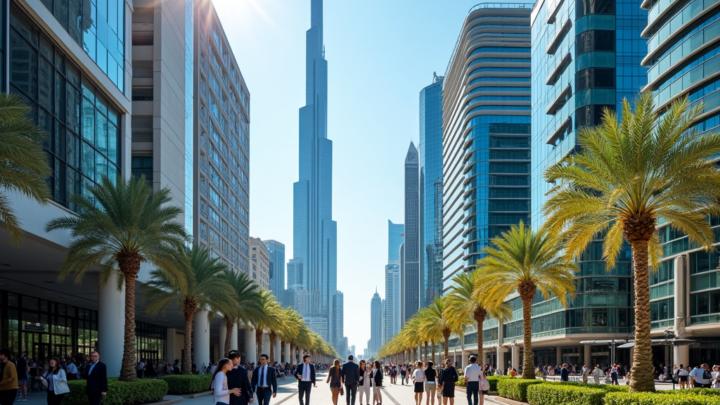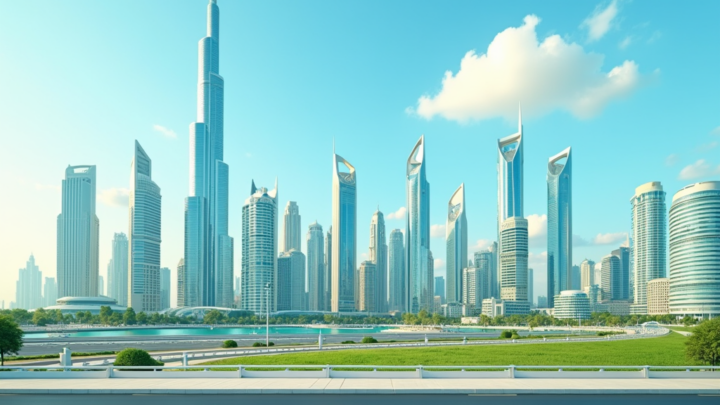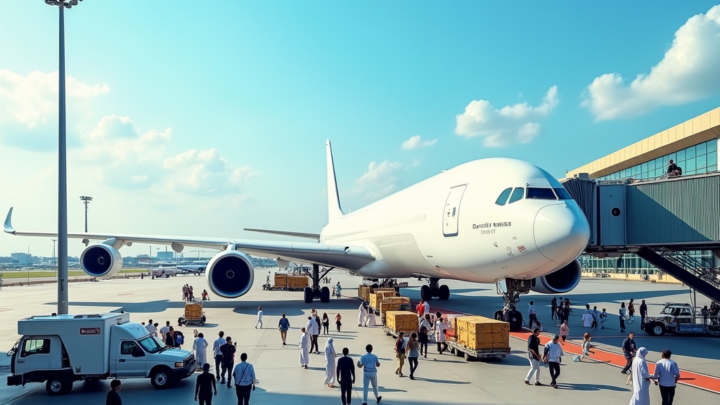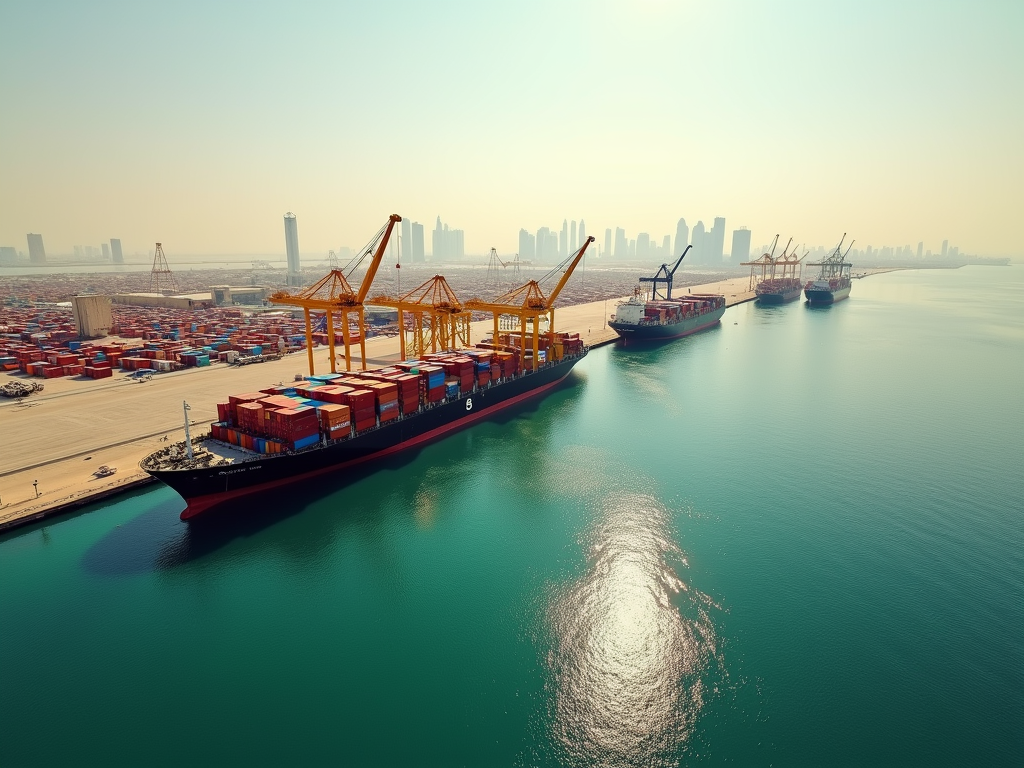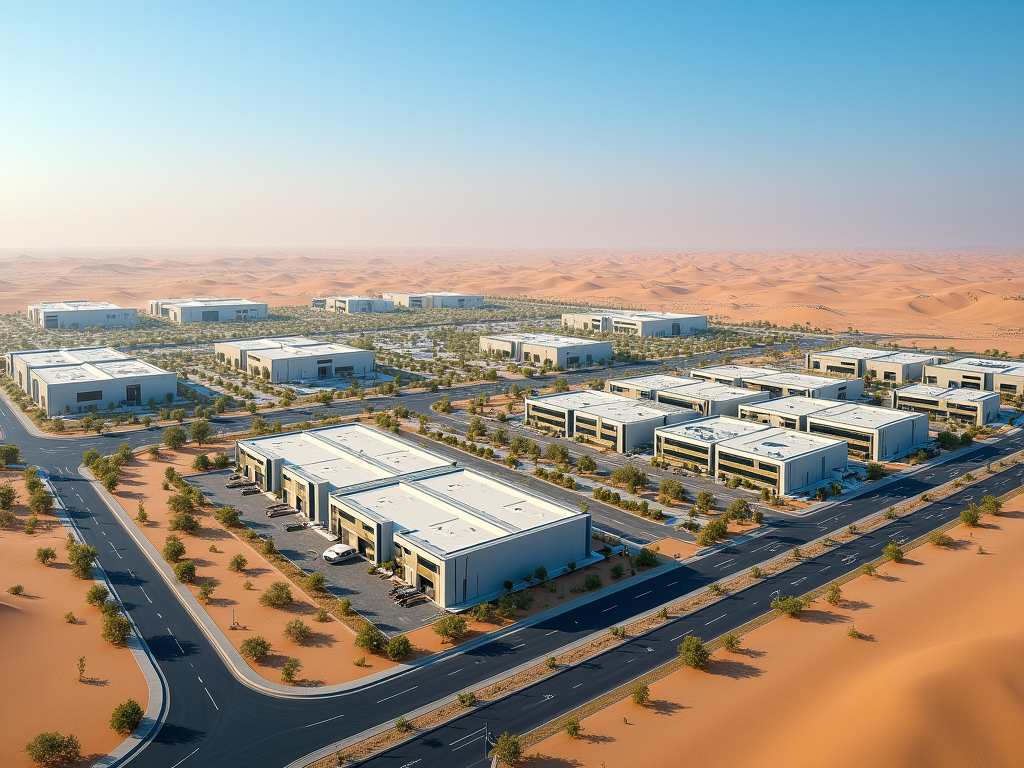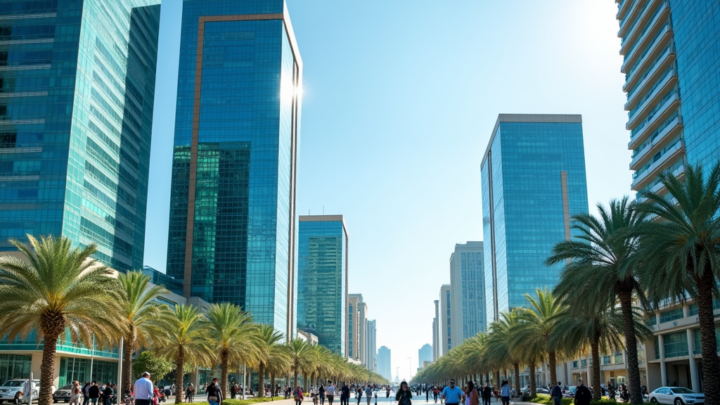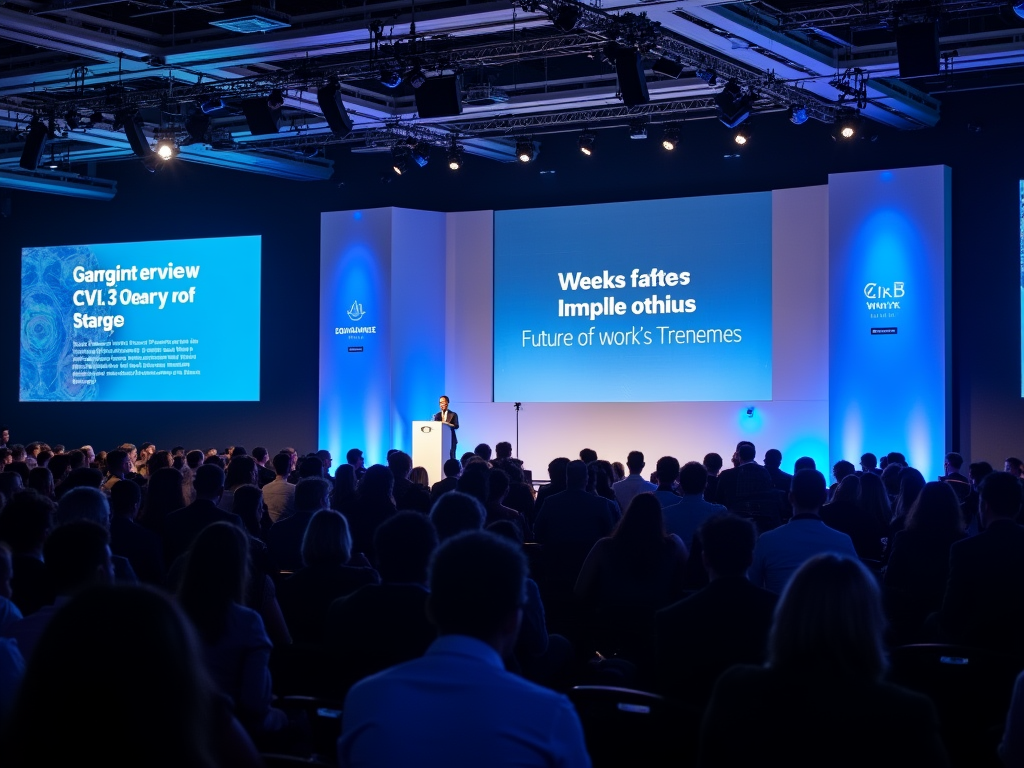Dubai has emerged as a premier global hub for financial services, combining a favorable business environment with cutting-edge technology and strategic geographic positioning. In recent years, this vibrant city has attracted multinational corporations, financial institutions, and innovative fintech companies. The city’s rapid growth in the financial sector can be attributed to several key factors, including a robust regulatory framework, a diverse economy, and exceptional infrastructure. With its vision for the future, Dubai is set to redefine the landscape of financial services on a global scale.
Key Factors Contributing to Dubai’s Financial Growth
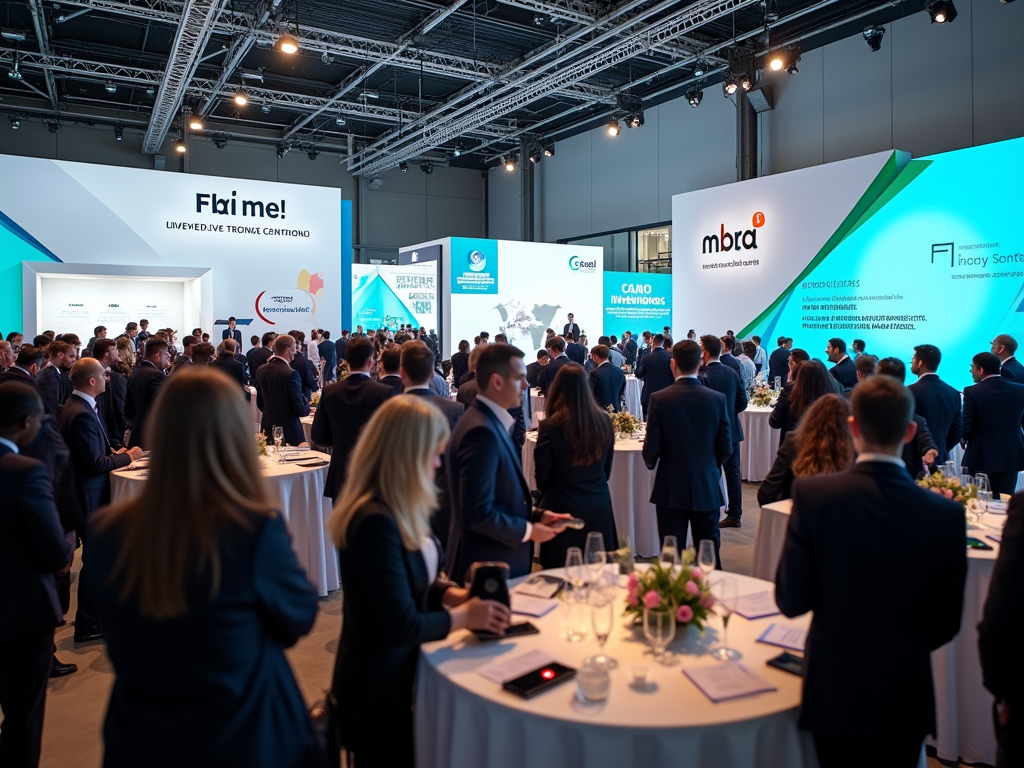
The rise of Dubai as a financial services hub is not by chance; it is the result of strategic planning and execution. Key factors that have contributed to this transformation include:
- Strategic Location: Dubai’s geographic positioning between Europe, Asia, and Africa makes it an ideal business center.
- Tax Benefits: The emirate offers attractive tax incentives, including 0% corporate tax in free zones, appealing to businesses and investors.
- Regulatory Framework: The Dubai Financial Services Authority (DFSA) has established a transparent and conducive regulatory environment that fosters growth.
- Diverse Economy: While the economy is traditionally linked to oil, sectors like tourism, trade, and technology have flourished, diversifying income sources.
- World-Class Infrastructure: Advanced transportation, communication systems, and modern facilities cater to the needs of financial businesses.
The financial technology sector has played a pivotal role in Dubai’s ascent as a global finance center. A number of initiatives and innovations have emerged, making the city a hotbed for fintech startups and established companies alike. Key aspects of this growth include:
- Sandbox Initiatives: Programs like the DFSA’s regulatory sandbox allow fintech companies to test their innovations in a controlled environment.
- Government Support: The Dubai government invests in technological advancements, creating a supportive ecosystem for fintech.
- Partnership Opportunities: Collaborations between traditional banks and fintech firms are becoming increasingly common, driving innovation and customer engagement.
- International Recognition: Dubai hosts several prestigious fintech events, enhancing its reputation as a global fintech leader.
- Investment Opportunities: With growing interest from global investors, Dubai is attracting venture capital aimed at fintech ventures.
The Impact of Global Financial Events
Dubai is not only a financial services hub but also the host of numerous global financial conferences and events, which significantly impact its status. Events like the annual Dubai International Financial Centre (DIFC) conference attract industry leaders and pave the way for discussions about the future of finance. Moreover, these events showcase Dubai’s innovations and developments, presenting opportunities for networking and collaboration. The presence of such events highlights the city’s commitment to being at the forefront of financial services. As a result, these gatherings not only enhance global interest but also facilitate knowledge sharing and investment inflow.
Challenges and Competitive Landscape
Despite its rapid rise, Dubai faces challenges within the competitive financial landscape. The emirate must navigate regulatory changes, regional instability, and growing competition from other global financial hubs. Some of the key challenges include:
- Regulatory Compliance: Keeping pace with international regulations while nurturing innovation can be difficult.
- Talent Attraction: There is a continuous demand for skilled professionals in finance and technology, which can sometimes outpace supply.
- Global Competition: Cities like London, New York, and Singapore are also vying for attention, requiring Dubai to constantly innovate.
- Market Fluctuations: Being sensitive to economic changes and global market fluctuations poses risks for financial institutions.
- Infrastructure Strain: Rapid growth necessitates an ongoing investment in infrastructure to support the burgeoning financial sector.
Conclusion
Dubai’s evolution as a global hub for financial services is a testament to its strategic planning, innovation, and supportive environment. With its competitive advantages, the city is poised to sustain its growth in the financial sector, amidst both challenges and opportunities. As it continues to attract global talent and investment, Dubai reaffirms its commitment to becoming a leading financial services destination. The rise of Dubai not only signifies local developments but also influences global financial trends, marking its importance on the world stage.
Frequently Asked Questions
1. Why is Dubai considered a financial hub?Dubai is considered a financial hub due to its strategic location, favorable regulatory framework, and commitment to fintech innovation, attracting companies from around the world.2. What government initiatives support the financial sector in Dubai?The government offers tax incentives, regulatory sandboxes, and infrastructure investments to bolster the growth of the financial services sector.3. How does Dubai’s fintech landscape compare to other global cities?Dubai’s fintech ecosystem is rapidly growing, supported by significant government initiatives and investment, making it competitive against established fintech hubs like London and Singapore.4. What challenges does Dubai face as a financial center?Challenges include regulatory compliance issues, talent shortages, competition from other global financial centers, and potential market volatility.5. Will Dubai maintain its status as a leading financial hub in the future?Given its strategic initiatives and investment in innovation, Dubai is well-positioned to maintain and enhance its status in the global financial landscape.
